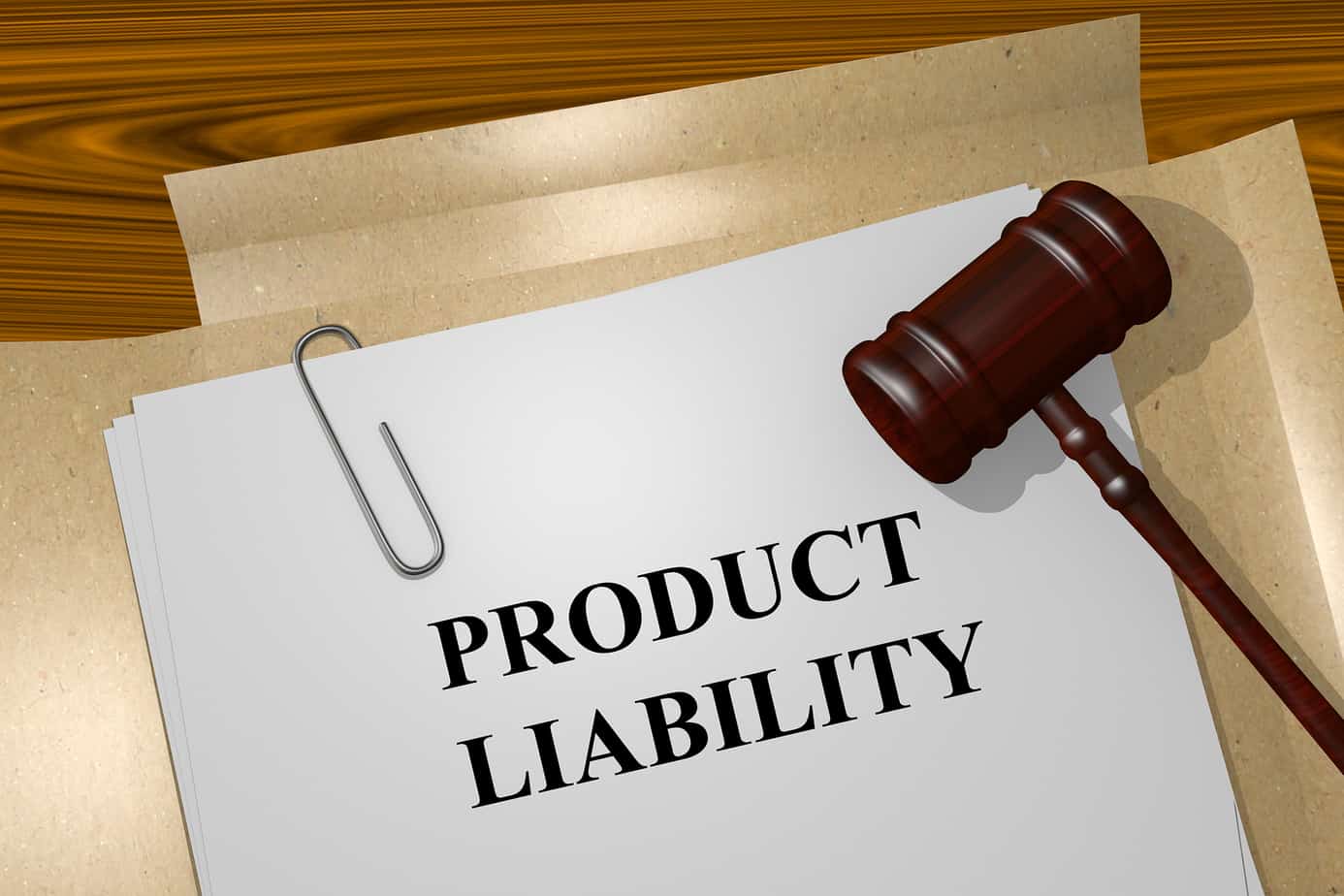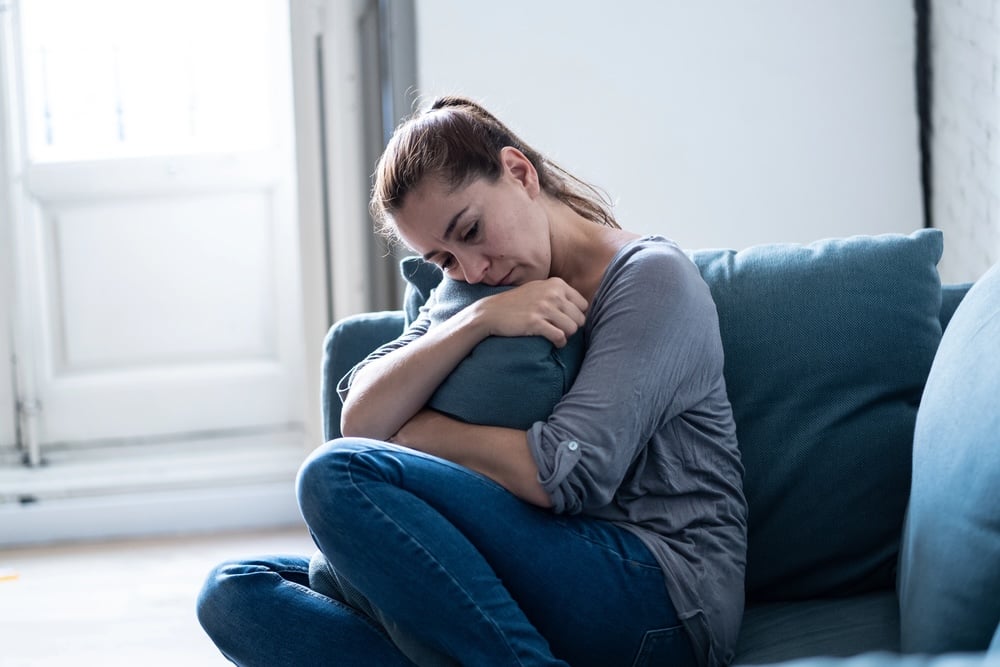A mobile addiction clinic in Pennsylvania is helping those who are battling opioid addiction. The unassuming RV, part of the Positive Recovery Solutions clinic, provides injections of Vivitrol, an extended-release drug that blocks cravings for alcohol and opiates.
The mobile clinic is helping those at the heart of the opioid epidemic. According to the U.S. Drug Enforcement Administration (DEA), drug-related overdose deaths in Pennsylvania increased by 65% between 2015 and 2017. In 2017 alone, the state had 5,456 drug-related overdose deaths. That’s a rate of 43 deaths per 100,000 people – about twice the national average.
In the U.S. as a whole, the number of people seeking treatment for addiction has soared 600% between 1999 and 2008, according to the Centers for Disease Control and Prevention.
The RV clinic is the brainchild of Amanda Cope, COO of Positive Recovery Solutions. Cope herself was once addicted to alcohol. Her addiction led to an emergency room, where a kind nurse changed her life while she was detoxing.
Cope has been sober for 13 years and is now a registered nurse.
The role of Positive Recovery Solutions, according to Cope, is to manage patients who are on Vivitrol medically. These may be patients who are in outpatient drug rehabs. The clinic works on a referral basis, and receives between 200 and 400 referrals per week. But many of those patients never show up for treatment.
Those visiting the mobile clinic start with a drug screening. Once cleared, the patients move into a small private room, which has been converted to Cope’s office.
Cope talks to patients about how their doing and how counseling is working out. Before giving the Vivitrol injection, Cope cautions of the risk of overdose and death if the patient uses opioids or alcohol while on the injection.
Vivitrol, buprenorphine and methadone are all approved by the U.S. Food and Drug Administration for the treatment of opioid addiction. These medications serve as a block, so patients can work on counseling and other aspects of recovery without having constant cravings for opiates.
The mobile clinic is working to help hundreds of patients in Pennsylvania. But not every clinic or rehab center is honest about their intentions.
With more people seeking treatment for their addiction, some clinics are capitalizing on the opioid crisis and exploiting vulnerable patients.
The number of fraudulent treatment centers is on the rise.
One of the most publicized cases involved Kenny Chatman, who ran a string of fraudulent rehab facilities and sober homes in Florida. Rather than helping patients get clean, Chatman encouraged drug use to keep patients in treatment for as long as possible in order to collect insurance reimbursements. Chatman’s operation gained at least $16 million in reimbursements.
Chatman has since been charged for his crimes and is serving a 27-year prison sentence.
Part of the problem is that there are no national standards or certifications for recovery centers. However, 27 states have adopted standards created by the National Alliance for Recovery Residences. These standards establish various levels of care, quality monitoring procedures, and a bill of rights for patients. Many states are now considering making it a requirement for facilities to adopt NARR standards. But for now, the burden lies on the patient to find a quality treatment center.



